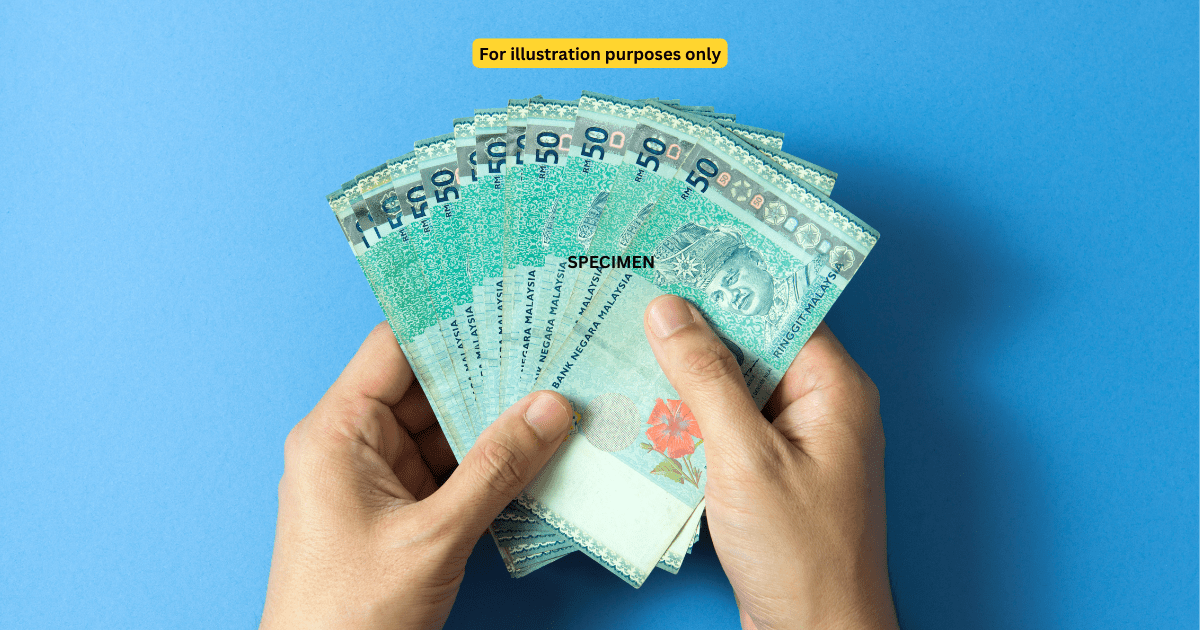Back in the 1980s, a fresh graduate could buy a car within six months of working. Within three years, a house wasn’t out of reach either.
Today, even with a monthly salary of RM3,000, which is more than double what graduates earned back then, many are still splitting rent, holding off on home ownership, and living paycheck to paycheck.
According to former Bank Negara Malaysia governor Tan Sri Muhammad Ibrahim, this isn’t just a sign of the times. It’s a warning that Malaysia’s real wages have eroded by nearly threefold over the past four decades.
Today’s fresh grads salary should be closer to RM7,000 or RM8,000
In a recent interview with Sinar Harian, Muhammad pointed out that while fresh graduates today typically earn between RM2,000 and RM3,000 per month, it’s only a modest jump from the RM1,300 starting salary he received in 1984.

“Adjusted for inflation at a rate of five percent annually, that figure should be closer to RM7,000 or RM8,000.
“This equates to the purchasing power of RM300 to RM400 back in the 1980s,” he said. “In reality, wages have eroded by at least threefold,” he said.
While many might chalk this up to rising living costs, Muhammad believes the issue runs deeper.
He says the erosion of real wages reflects longstanding structural flaws in Malaysia’s economic framework. These flaws have persisted for decades without serious reform.
Too many low-quality jobs
The main problem is that Malaysia still depends a lot on hiring low-skilled foreign workers.
This is made worse by the country’s failure to generate high-paying, value-driven jobs for its own citizens. Muhammad explained that even as the economy grows, job quality has not kept pace.
As of December 31, 2023, the national labour force stood at 16.78 million. Of that, 2.37 million, or 14 percent, were foreign workers. Many of them take up low-paid, physically demanding roles in construction, manufacturing, plantations, and domestic work.
“These workers are generally low-skilled and inexperienced, which makes them cheaper to hire and puts direct wage pressure on Malaysia’s low-income earners,” he said.
Why Malaysia is stuck and losing talent

The former central bank chief warns that these structural imbalances have kept Malaysia stuck in a long-standing middle-income trap. As job opportunities stagnate, more Malaysians especially those who are educated or highly skilled are choosing to leave.
He cited the growing trend of professionals such as nurses migrating to countries like Singapore, Australia, and the Middle East in search of better prospects. But it’s not just white-collar workers. Even those in manual labour are crossing the Causeway for better pay.
Increasingly, Malaysians are commuting to Singapore to perform low-skilled jobs, not managerial roles. If we don’t act fast, we may end up exporting labour, not talent,” he warned.
“One day, our children could be domestic helpers abroad, and I wouldn’t be surprised if it happens.”
Rising costs and stagnant wages

That warning ties into a larger concern: the shrinking middle class and stagnant income growth. Following the Covid-19 pandemic, wage stagnation has worsened, with many households slipping into financial instability.
Muhammad noted that the government’s proposed reclassification of income groups from B40, M40, and T20 to B20, M50, and T30 could reflect this harsh reality. He estimates that up to 60 percent of Malaysians might now fall under the low-income bracket.
“Many in the B40 group are living paycheck to paycheck, with no savings to fall back on,” he said. “That’s a huge shift from the Malaysia I knew, where a fresh graduate could build stability within just a few years.”
‘Stop relying on GDP numbers”
Muhammad believes it’s time to stop relying on GDP numbers as the main measure of progress. Instead, Malaysia must take a hard look at the types of industries it is nurturing and the quality of jobs being produced.
“GDP figures are misleading. We need to focus on the job structure of the economy. What kinds of industries are we creating? Are they generating high-value employment? That’s the real measure of progress,” he stressed.
Despite the bleak outlook, Muhammad remains optimistic that change is possible. He pointed to countries like South Korea, China, Taiwan, and Japan. All of them were behind Malaysia in the 1960s, yet have since surged ahead through consistent, targeted reforms.
“We shouldn’t benchmark ourselves only against ASEAN or weaker economies. We should aim for high-performing economies and focus on creating quality jobs. That’s what matters.”



